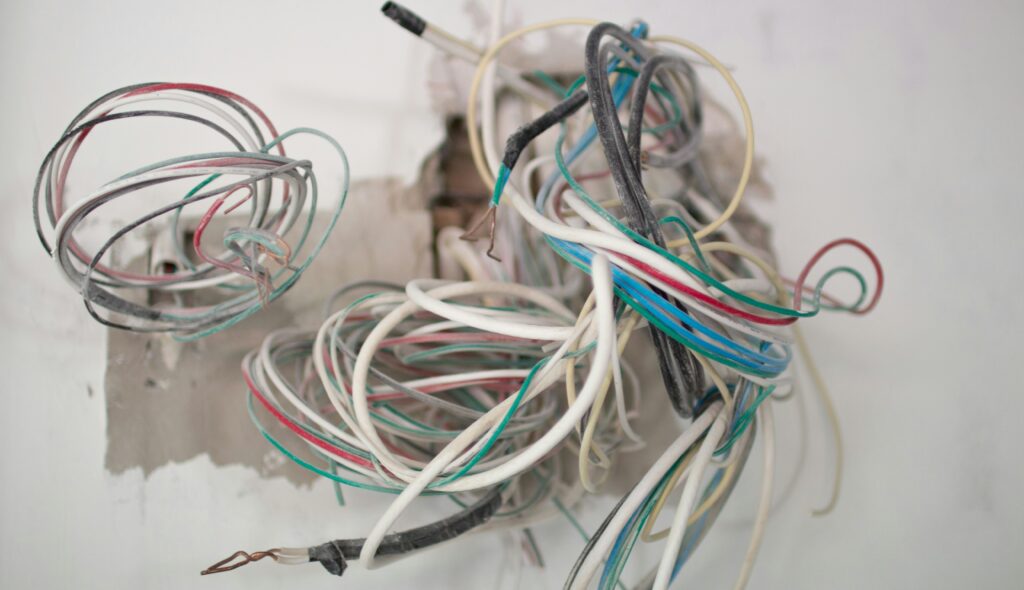
Selling a House with Private Drainage
Selling a house with private drainage comes with a few challenges for the seller to consider when compared to selling a property that uses a public drainage system. With a host of information needing to be divulged and the added complications of how the system works, sellers need to be open and honest if they want to secure the sale they desire.
In this blog, we look at selling a house with private drainage and explain all there is to know.
What is a private drainage system?
A private drainage system collects and disposes of wastewater from a property without being connected to the local sewer network. Commonly found in rural areas and properties located far from the mains service, they must adhere to environmental regulations and be regularly serviced and maintained to ensure they work safely. There is a range of private drainage systems found in the UK, each with its own unique functionality.
Septic tank
Perhaps the most common form of private drainage, a septic tank, works by separating liquids and solids, partially treating the waste. It is then discharged in a soak away or drainage field.
Sewage treatment plant
This type of private drainage system actively treats sewage to a cleaner level with mechanical and aerobic processes, and then discharges the waste in a soak away, watercourse or drainage ditch.
Cesspit
Cesspits are sealed tanks that store all waste without any form of treatment. No waste is discharged, but it must be emptied frequently.
Homeowners are responsible for all servicing, maintenance and repair of any private drainage system on their property and must ensure regular emptying or servicing as per environmental guidelines. No private drainage system should pollute, and where the discharge is allowed into watercourses such as streams or rivers, it must meet specific conditions.
Does a seller have to disclose that they have a private drainage system?
Yes, if your home has a private drainage system, you are legally required to disclose several key facts about the system. Failing to do so could result in your sale collapsing.
Under the Environment Agency’s General Binding Rules for England and Wales, you must provide the buyer with the following, in writing:
- The type of private drainage system in use.
- A description of the treatment plant and drainage setup.
- The location of all its key components.
- Details of any modifications that may have taken place.
- Any maintenance instructions and manuals.
- Record of all maintenance and emptying/treating the system has had.
Without providing this information, buyers could proceed with their purchase unaware of what they are buying. This could be seen as misrepresentation. This will then give them the legal grounds to act at a later date when they become aware of the information you withheld. You’ll also need to disclose the private drainage system on the TA6 form that is used in all property sales.
What happens if a seller does not disclose that they have a private drainage system?
If the seller fails to disclose that they have a private drainage system, a buyer can take legal action against them, even if the sale happened months or years before. Selling a property without divulging such information is known as misrepresentation, and this can prove costly. Buyers have up to six years after their purchase to claim misrepresentation, and penalties can range from compensation to the entire sale being reversed.
How can I prove to the buyer that my private drainage system is compliant and in good condition?
Under the General Binding Rules of the Environment Agency, you provide the buyer with a significant amount of information that helps them to understand your private drainage system. However, you can go a step further and book a drainage system survey. This digs deeper than the survey the buyer organises and allows you to provide them with comprehensive information that may help them decide whether to make an offer or not.
A drainage survey will tell the potential buyer of:
- The make and type of drainage system.
- A plan of the drainage system and where it runs.
- Whether the system requires any work and an estimate of the costs.
- Whether the system complies with current regulations.
- The overall condition of the system.
Could I still sell my house if the private drainage system is faulty?
Yes. As long as you are completely transparent in your disclosure, you can still sell your house. Selling a property with a faulty system could mean that you receive lower offers on your home than you hoped. This will be because the buyer will be covering the cost of any repairs.
If affordable, investigate fixing any issues before you sell the home. This helps not only maintain your asking price but also ensures that your property appeals to a broader group of buyers. Lenders are sometimes reluctant to offer a mortgage if a private drainage system is non-compliant or in need of repair, so it can be worth spending a little extra cash to make your home more desirable.
An alternative option, if the repairs are too expensive and you want a really quick sale, is to speak to a cash house buyer. In many cases, an offer is made regardless of the property’s condition, and the entire process can be completed in days, not months. At Sell House Fast, for example, we build the sale around you, on your terms. We make an offer, and if you accept, everything can be completed in as little as seven days. Need longer? Just let us know! Plus, we buy any house, without judgment, regardless of condition, location or type. Get an offer made on your house today.


